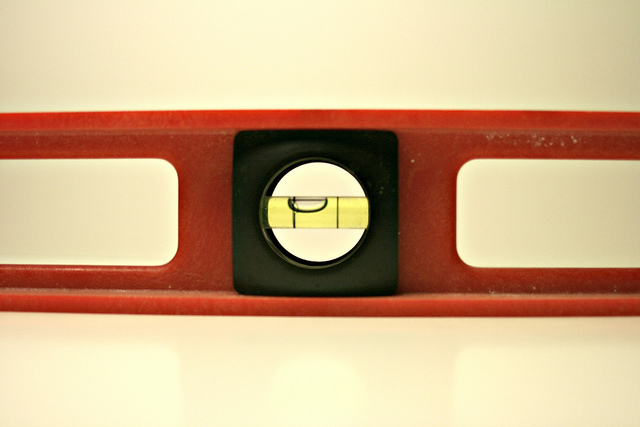Most everyone knows that too much service can be a problem for pre-tenure faculty. I often hear from early career faculty that are trying to figure out what is the appropriate level of service. In today’s post, I will share a few do’s and don’ts for successfully navigating service and tenure.

At virtually every institution, tenure and promotion decisions are based, in varying degrees, on teaching and research.
Service activities such as committees or manuscript reviewing are vital to keeping higher education functioning.
However, pre-tenure faculty have to make sure that service responsibilities don’t derail one’s career.
Do’s
1. Do find synergies with research and teaching
The best service opportunities are those that work well with your teaching and research responsibilities. For example, reviewing for a journal can help keep you abreast of new research in your field as well as learn more about the journal review process.
2. Do some service.
While you shouldn’t let service overtake your career, you should do some service to contribute to academic life. I worry when I see a faculty member not contributing at all to local or national service. I often see it as a sign of someone disengaged or too focused on themselves. No matter the case, this isn’t what you want in a colleague.
3. Do service that helps you meet people both locally and nationally.
It is so important as a pre-tenure faculty member that people get to know you and your work. Likewise, you want to meet and get to know people on your own campus as well as in your field. To that end, look for opportunities that let you meet people, especially senior colleagues.
4. Do let your chair or mentor be the bad guy.
The advice for early career faculty is to just say no to service. This is really poor advice for two reasons. First, it is hard to do in practice- it is hard to tell someone no who is asking for you to do something. Second, pre-tenure faculty don’t want to appear unwilling to be a team player. For this reason, I recommend letting your chair or a mentor be the bad guy. For example, if someone asks you to be on a committee. Respond that you’d like to talk to your chair or mentor before accepting. After getting advice, you can then respond that your chair has recommended you not pursue the opportunities at this time.
Don’ts
1. Don’t agree to committees that require a lot of tedious work.
Not all committees are created equal. By their very nature, some are more time intensive and tedious. Avoid these at all costs.
2. Don’t accept too many manuscript reviews.
It is flattering to be asked to review for a journal or other publication. Moreover, as I noted above, manuscript reviews are a nice synergy between service and research. However, doing too many reviews can be damaging as they take a great deal of time and intellectual energy. As a rule of thumb, I wouldn’t accept more than 2 per semester. Editors will understand that there are only so many that you can commit to at any time.
3. Don’t get pressured to say yes.
When you get asked to do something, don’t respond immediately. Ask for a few days before giving an answer. In the moment, you will make a bad decision or at least not a carefully considered one. Patience is a virtue. Take your time so you don’t give a knee-jerk reaction that can put you on a yearlong committee that can take hours and hours of time.
Balance is the key
Service can be a trap for early career faculty. It is important but can take on more time than you can afford to give it. These do’s and don’ts can help you successfully balance service and tenure. I’ve seen too many tenure cases made more difficult than they should be by service. Don’t let that happen to you or your pre-tenure faculty. Balance really is the key.

